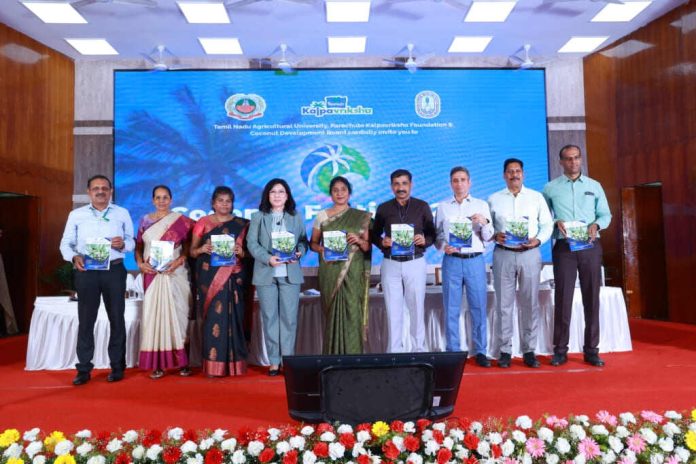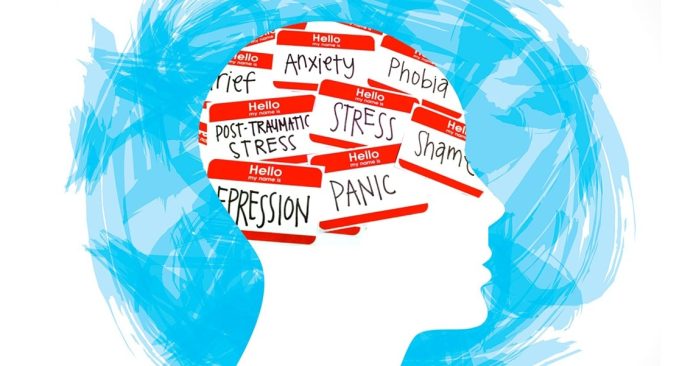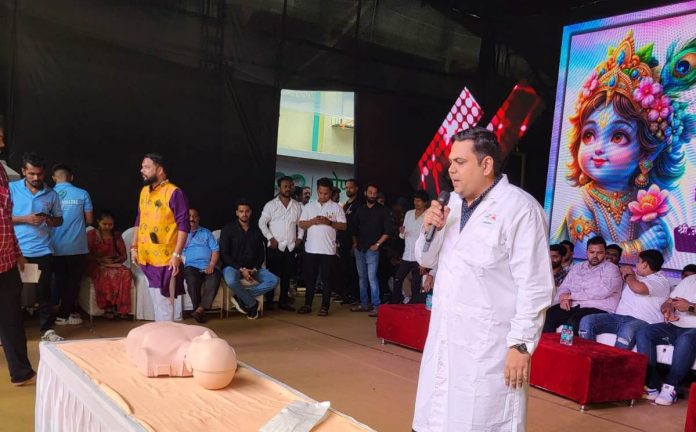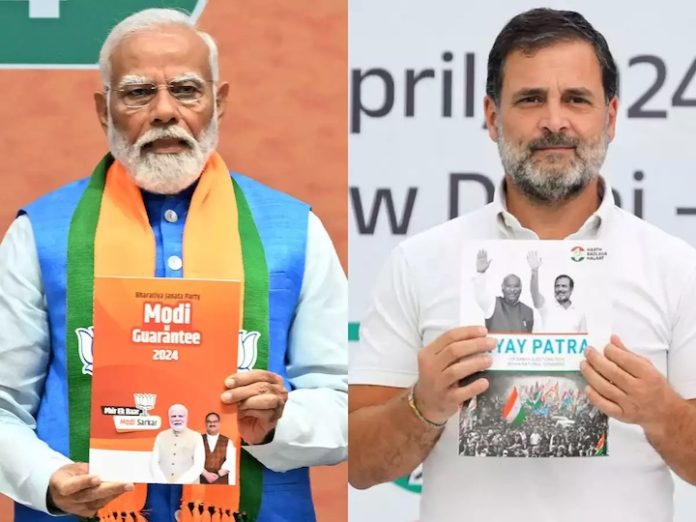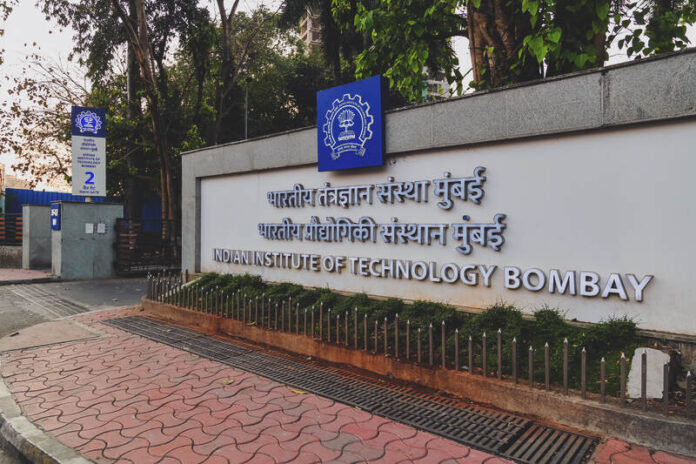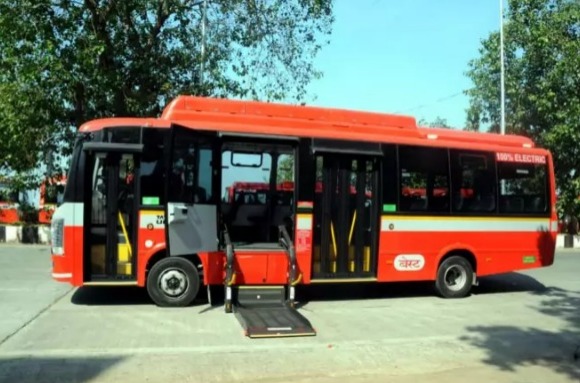Mumbai, India: Lumina Datamatics, a leading provider of Content Services, Retail Support Services, and Technology Solutions, is thrilled to announce a partnership with The Laxmi Foundation, an NGO dedicated to the comprehensive rehabilitation of acid attack survivors. This collaboration aims to support educational initiatives for survivors and their children, providing them with essential resources to rebuild their lives.
The Laxmi Foundation has been instrumental in offering a range of support services including medical, legal, and educational assistance to survivors of acid attacks. The organization also works tirelessly to raise awareness about the prevalence of such attacks and advocates for stricter laws to prevent them.
“We are excited to announce our partnership with Lumina Datamatics, who will be collaborating with us on our educational initiative for survivors of acid attacks. Through this collaboration, our goal is to provide educational resources to both survivors and their children, ensuring they have the necessary tools to rebuild their lives. At the age of 15, I experienced an acid attack that profoundly impacted my life. The incident highlighted the devastating consequences such an act can have on an individual. Being unable to continue education due to the attack underscored the importance of education in fostering personal development and resilience. It served as a stark reminder of the critical role education plays in empowering individuals to overcome adversity and thrive.” said Laxmi, founder of The Laxmi Foundation.
Sameer Kanodia, Managing Director and CEO of Lumina Datamatics, expressed his enthusiasm for the collaboration: “At Lumina Datamatics, we believe in leveraging our resources and expertise to make a positive impact on society. Partnering with The Laxmi Foundation aligns with our commitment to social responsibility and community development. We are dedicated to supporting the educational initiatives for survivors of acid attacks and their children, helping them achieve their potential.”
Anju Kanodia, Executive Director of Lumina Datamatics, added, “Community development remains at the core of every initiative we undertake at Lumina Datamatics. This partnership with The Laxmi Foundation is a testament to our commitment to holistic progress and empowerment. We look forward to making a significant difference in the lives of survivors and their families through education and support.”
Disclaimer: This media release is auto-generated. The CSR Journal is not responsible for the content.



